How do I enrol in the course?
You can start the enrolment process by clicking the "enrol" button.
Is there a selection procedure to participate in the course?
In order to apply, please follow the instructions on our “How to enrol” webpage.
Designed for those eager to enrich their craft and embark on the journey of writing a book or long form work, this course is for prospective authors who are keen on writing non-fiction narrative on a variety of human rights topics: from climate justice to gender equality; from racial justice to social justice at large.
Under the guidance of Professor Andrew Leon Hanna, author of "25 Million Sparks: The Untold Story of Refugee Entrepreneurs" (Cambridge University Press), a Financial Times Best Book of the Year, participants will embark on a transformative journey – learning about the principles of narrative non-fiction writing, developing their own Capstone Project (~2,000-word piece) and receiving tailored personal feedback to nurture their ideas
Drawing inspiration from live webinars with renowned authors and publishers - who will share their tactical wisdom, firsthand experiences and writing tips - participants will reinforce their writing skills and methods while also getting practical advice on navigating the whole path from the first spark to publication.
Over the span of five modules, our online programme will provide a collaborative environment that celebrates community, diversity and inclusivity. The course, open to participants from diverse backgrounds, nationalities and experiences, is tailored to resonate with all those who seek to harness the power of the written word for profound social change. We will actively encourage creative brainstorming and support sharing feedback among participants.
The course The course is organised in 5 modules:
The course is taught and coordinated by Prof. Andrew Leon Hanna, award-winning author, entrepreneur and lawyer.
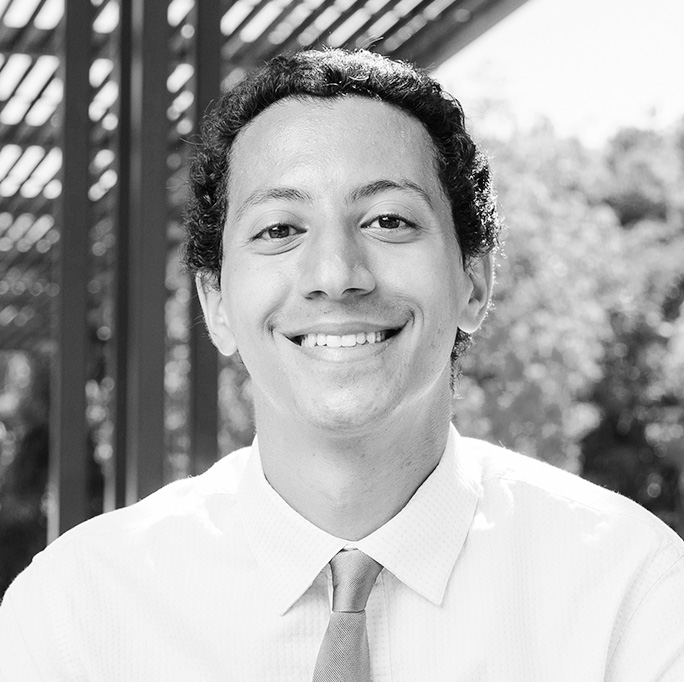
Andrew Leon Hanna
Entrepreneur, lawyer, author, and professor
Guided by Professor Andrew Leon Hanna and connected through live webinars with eminent writers and publishers, participants will reinforce their writing skills and methods while also getting practical advice on navigating the whole path from the first spark to publication(read all bios here):
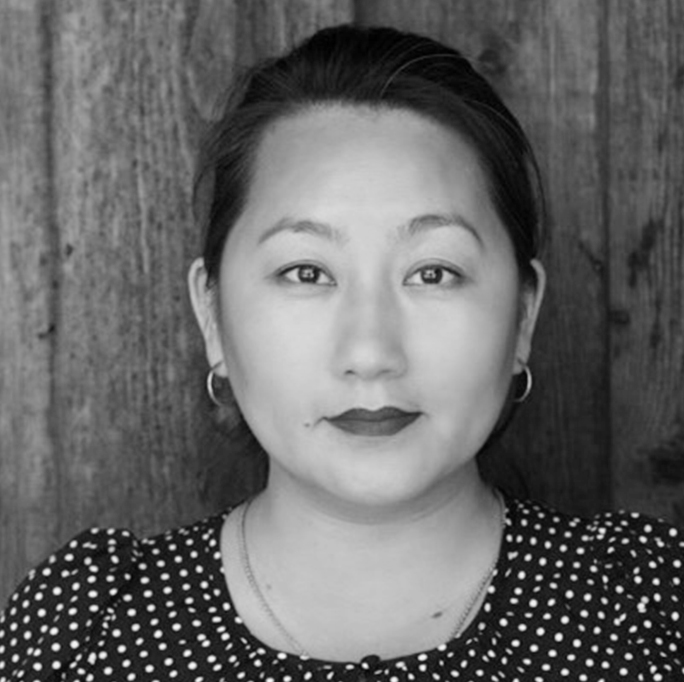
Kao Kalia Yang
Author, Public Speaker, Teacher
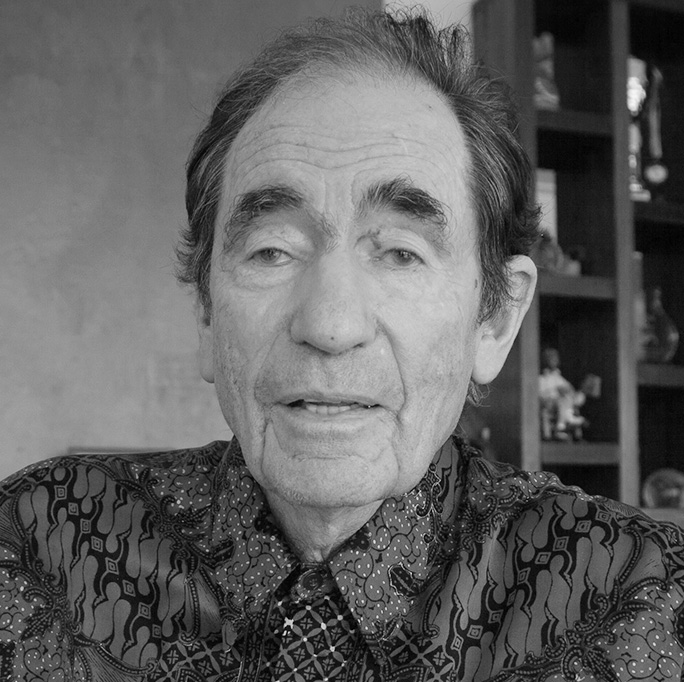
Albie Sachs
Former judge on the Constitutional Court of South Africa
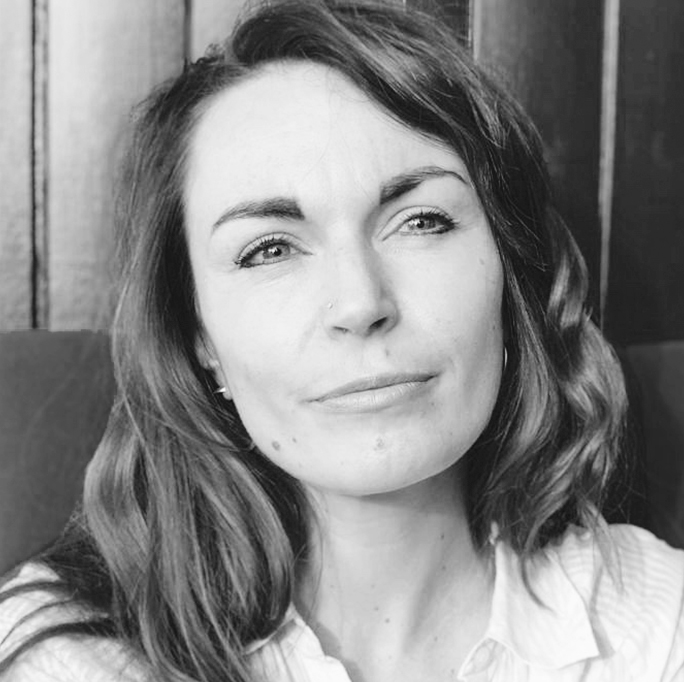
Jemma Neville
Writer and journalist
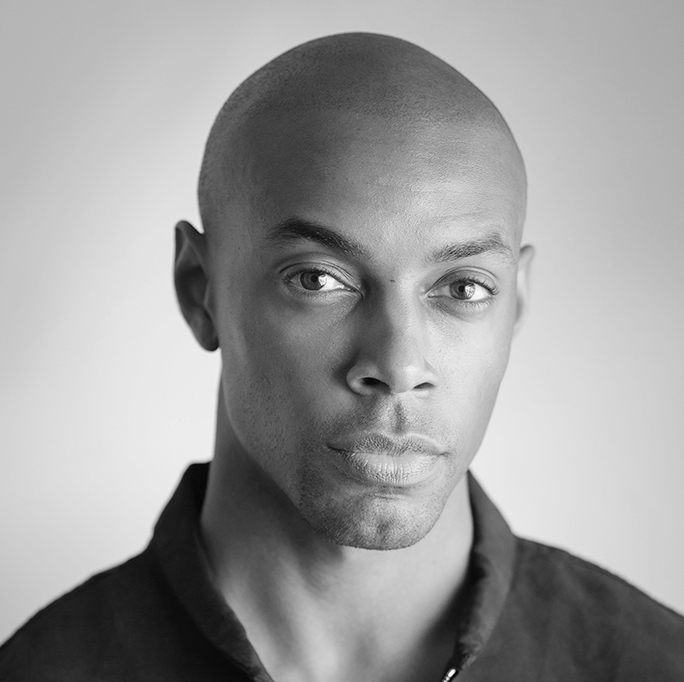
Casey Gerald
Author

Joel Rickett
Penguin Random House, Publisher
You can start the enrolment process by clicking the "enrol" button.
In order to apply, please follow the instructions on our “How to enrol” webpage.
The course is mostly asynchronous so participants can study in their own time. However, to enhance peer learning, interactive participation and self-assessment, weekly topics and discussions as well as webinars are proposed at set dates. Participants are required to attend at least 4 out of 5 webinars. For a detailed description of the schedule check the course outline page on our website.
At the end of the course, if you have actively participated in all required webinars and submitted your assignments and final Capstone Project, you will receive a certificate of participation.